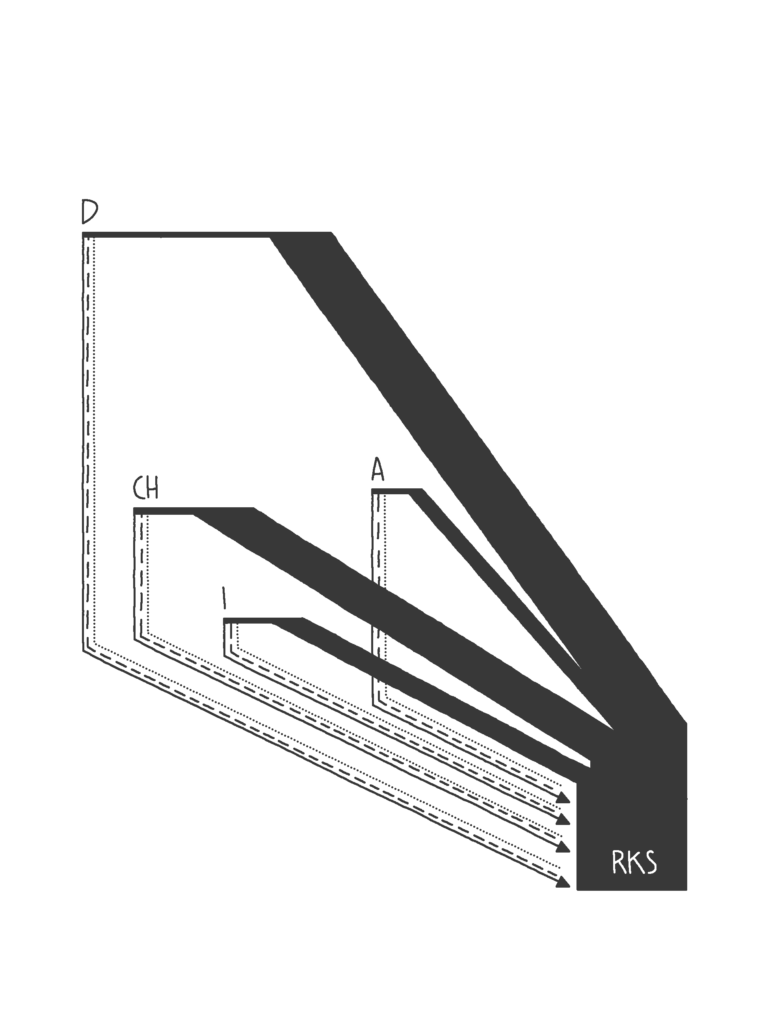Translocality

Since the 1990s, there has been a consensus among researchers that migration is not a linear development in which movements from the homeland to the hostland can be regarded as completed actions – rather, migration is a cyclical process. Social relations of migrants to their homeland, which are maintained in different ways even over large geographical distances – be it through travel, communication or even financial support, depict the center of this process, which is referred to as transnationalism. Financial, political, and even social matters are regulated in a circular way and in transnational space. Accordingly, migrants see themselves as part of a transnational community.
The spatial impact of social networks in the hostland and homeland is called translocality. It describes the ability of people to be present in several places at the same time. Urban space is constantly reconfigured by the circular character of migration and the translocality associated with it and is thus characterized by constant dynamics and transformation.
In Kosovo, in the context of translocality, the diaspora consisting of migrant workers, their families, refugees who have not returned, and subsequent generations has played and still does play a formative role in Kosovar society. It is estimated that about 700,000 people born in Kosovo live abroad.
Diaspora originally refers to a group of people who have had to leave their homeland involuntarily and live scattered across several regions or countries. Today, the term is interpreted somewhat more softly and means groups of migrants who have emigrated for different motives and come from the same country of origin. These groups continue to feel connected to the country of origin even after generations. However, they are also able to arrange their lives outside their country of origin and create a kind of homeland for themselves in a foreign land. The Kosovo Albanian diaspora also continued to feel connected to the community of a destiny that had emerged from social networks during the war. Immediately after the war, the diaspora community contributed significantly to the reconstruction and support of family members in Kosovo. Moreover, simultaneously with the center of life in the hostland, the diaspora also created a temporary place of return in post-war Kosovo. This life in several places, translocality, is increasingly manifesting itself in the urban landscape of Kosovar cities and will be examined in more detail below under the aspect of translocal urbanism. Regarding the ongoing migration from Kosovo to Europe, which is attributed to the “brain drain”, the emigration of highly qualified workers, the effects of a tendency toward increasing translocality in urban space in Kosovo’s cities are now the subject of controversial discussion.

